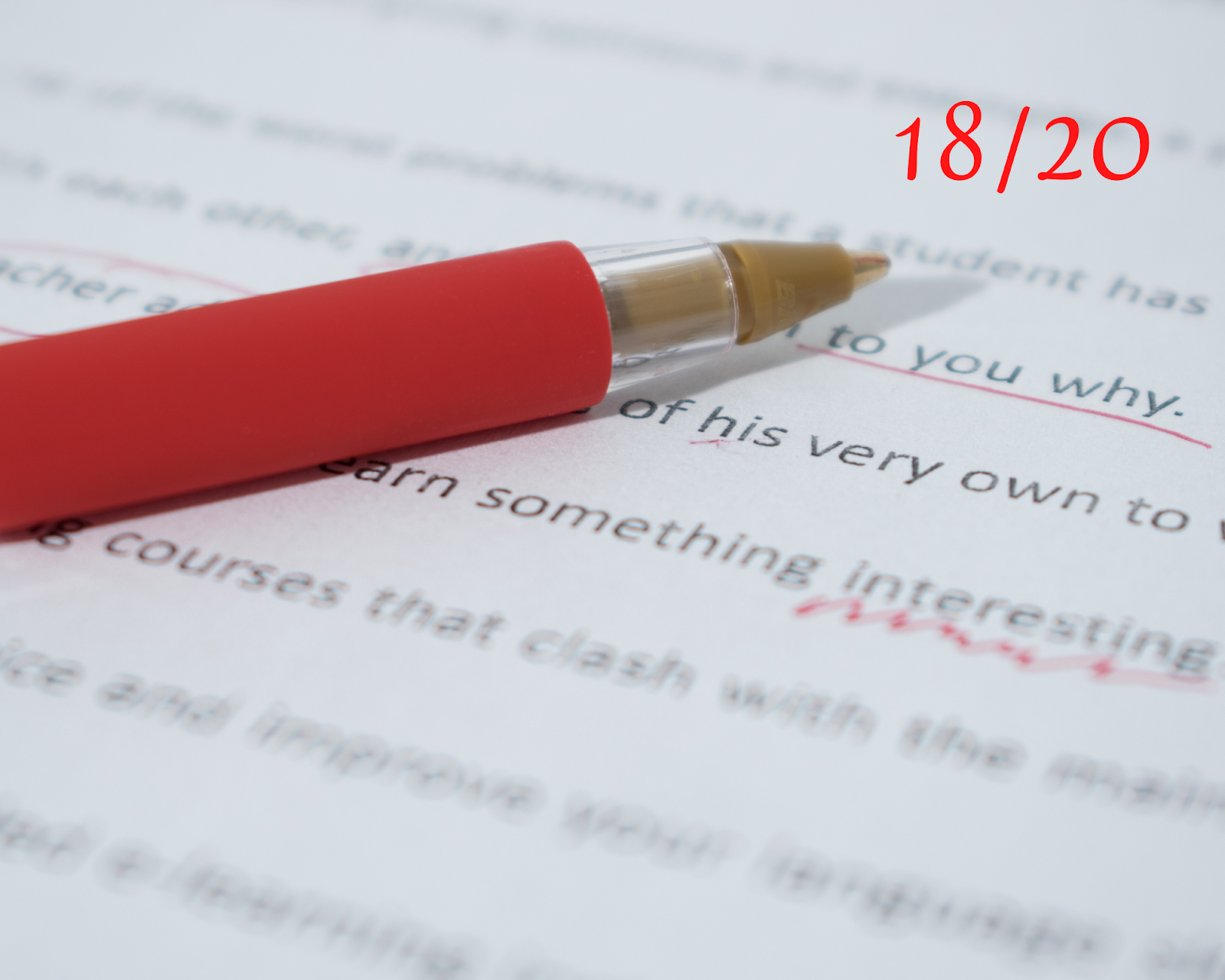Every human can't help making a comparison or tell this group of person, this person, this animal or this thing is the best or the nicest...
So to make it these, we have to use equality, comparative or superlative.
Comparative
You use two locutions when two items are equal.
Aussi...que is used when you compare someone or something in a level of equality.
Julie est aussi serviable que Marie.
Julie is as helpful as Marie. Here, these girls are both helpful.
Léa court aussi rapidement qu'avant.
Léa runs as fast as before.
Autant...que is used when you use the verb "avoir" (to have) to compare.
Julien a autant de mérite que sa soeur.
Julien deserves as much as his sister.
When you want to compare 2 or several persons or items, you use moins...que (less...than) and plus...que (more...than).
For example you see 2 persons, one is tall and the other is small:
- Jean is tall, (Jean est grand)
- Pierre is small. (Pierre est petit)
Let's make a comparison between them.
If you want to mean that Jean is taller, clever or more confident than Pierre, you use plus...que.
Jean est plus grand que Pierre.
Pierre est plus petit que Jean.
Let's give another exemple:
Jean is less clever than Pierre. You will say:
Jean est moins intelligent que Pierre.
Some adjectives become irregular when they compare one item to another.
Bien, bon = mieux
Mal, mauvais = pire
Moins que, plus que
For some situations, you don't need to place a verb, an adjective or an adverb between these locutions.
For example
Ce n'est qu'un moins que rien. That's less than nothing.
Il ne mange plus que de raison. He eats more than necessary.
You employ superlative when you want to express a superior quality of the highest degree for someone or for something.
Imagine Jean is in a group and he is the tallest.
Jean est le plus grand du groupe.
Le moins...
Imagine Pierre is not the tallest of the group.
Pierre est le moins grand du groupe.
Notice
Irregular adjectives:
Bon, bien = Le meilleur (M -S)
The adjective "bon" agrees with the gender and the number whereas “bien” doesn’t change.
Bonne = la meilleure (F-S),
Bons = les meilleurs (M-P),
Bonnes = les meilleures (F-P),
Example: Nathalie est la meilleure de sa classe.
Mal, mauvais= le pire (M-S),
Mauvaise = la pire (F-S),
Mauvais = les pires (M-P),
Mauvaises = les pires (F-P),
“Mauvais” agrees with the gender and the number whereas “mal” doesn’t change because it is an adverb.
Example: cet homme est le pire de tous.
A few expressions with mieux- meilleur - pire
A qui mieux mieux : by looking for doing better than others
De mieux en mieux : that goes better and better.
De mal en pis : (pis is an old word that means "pire"), that goes worse and worse.
👀 Want to watch this topic as a video, here is the link:
https://youtu.be/SzvMju0SXUM




.png)






.png)


.png)



.png)


